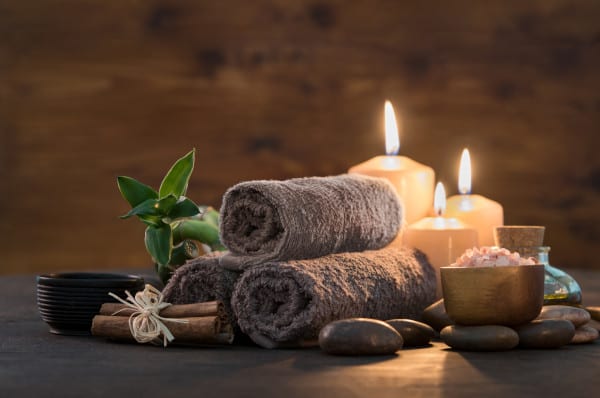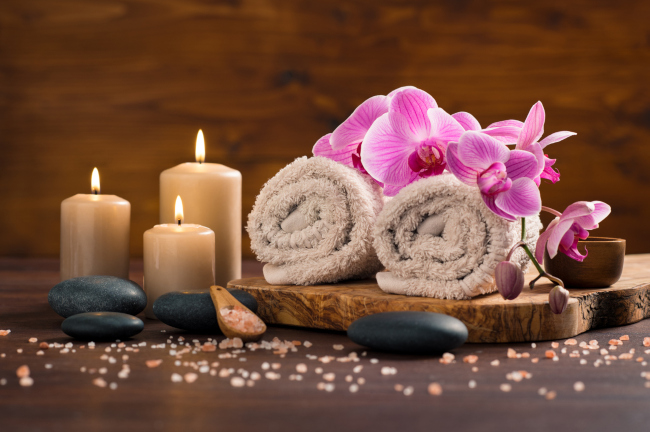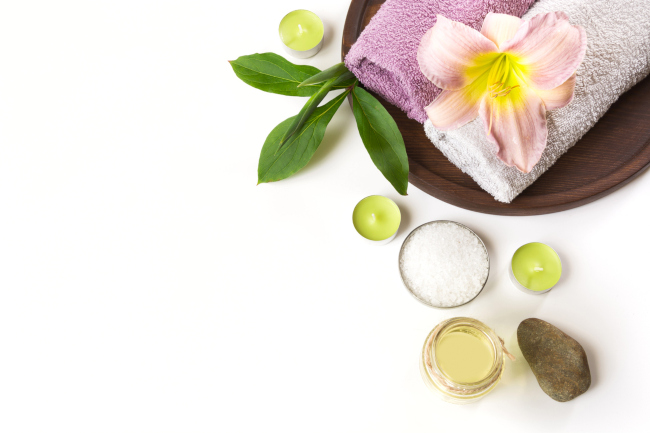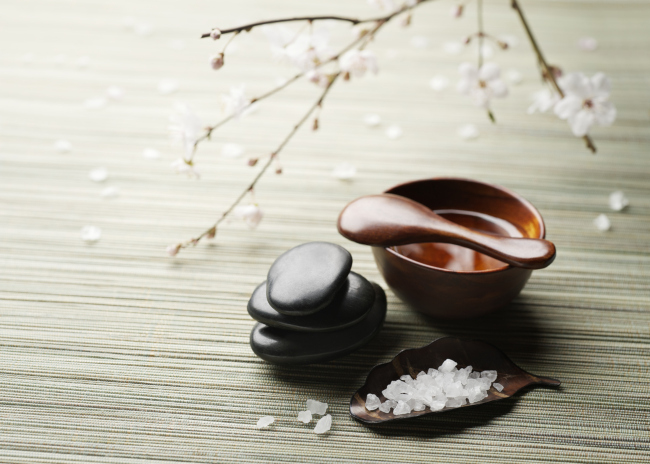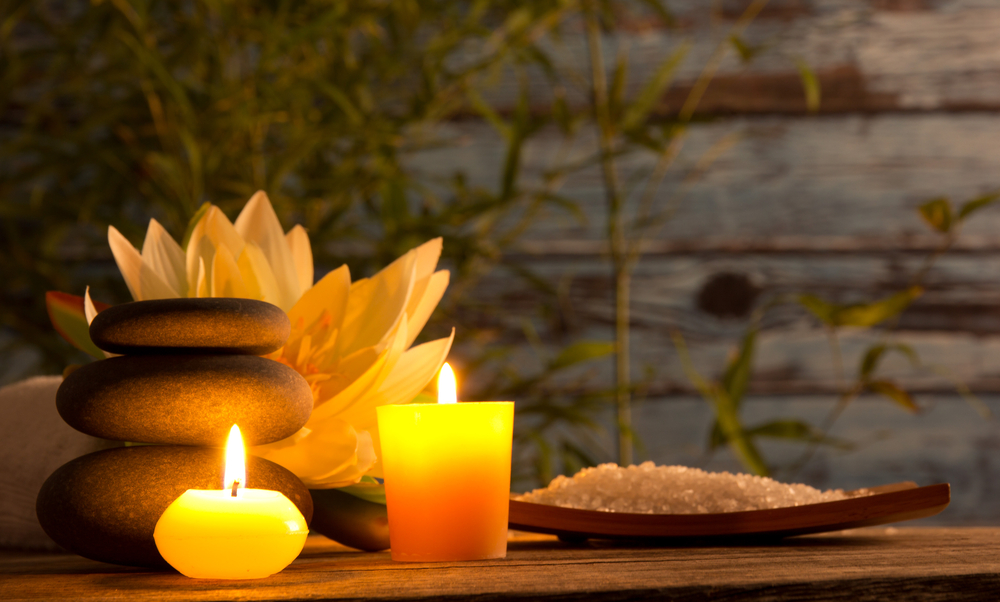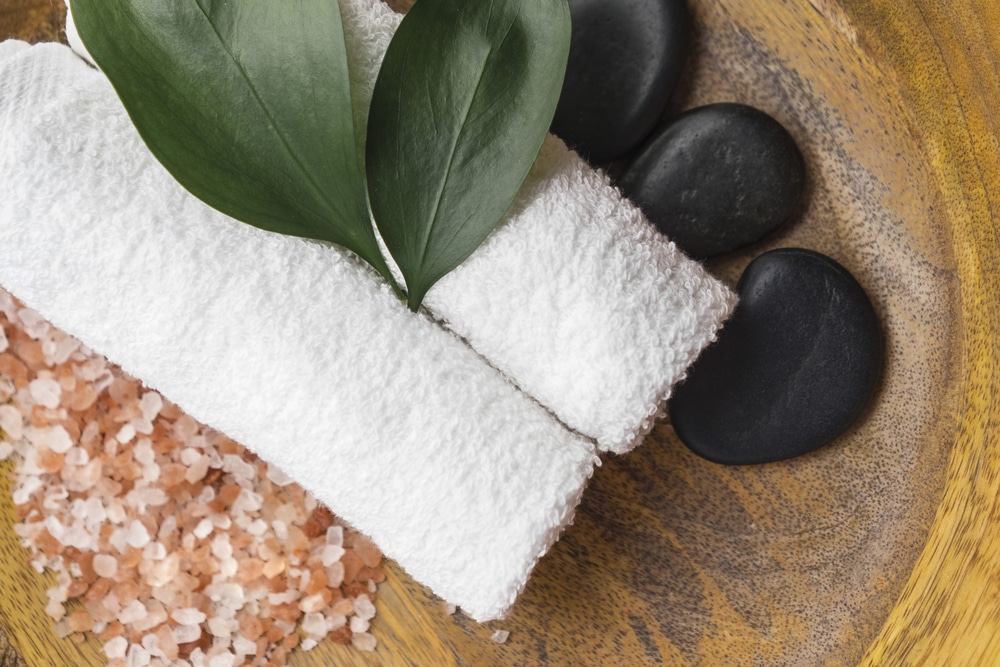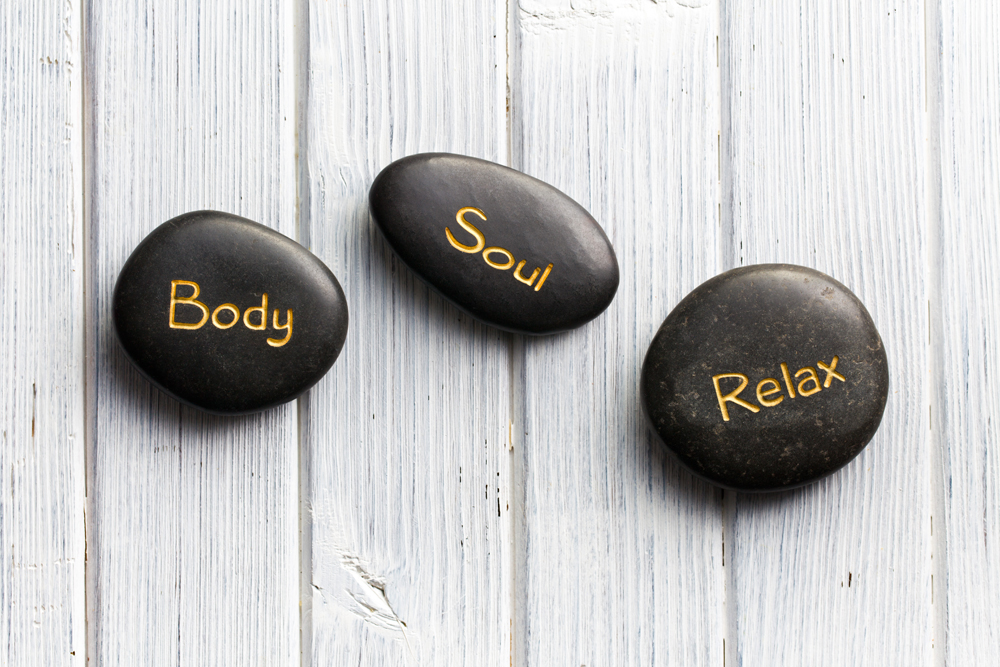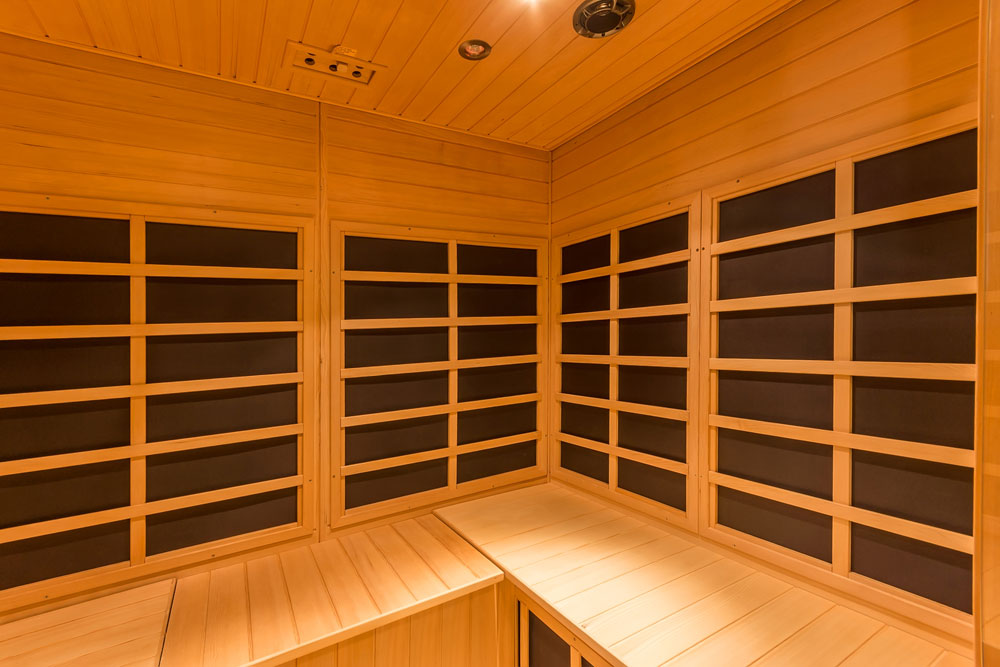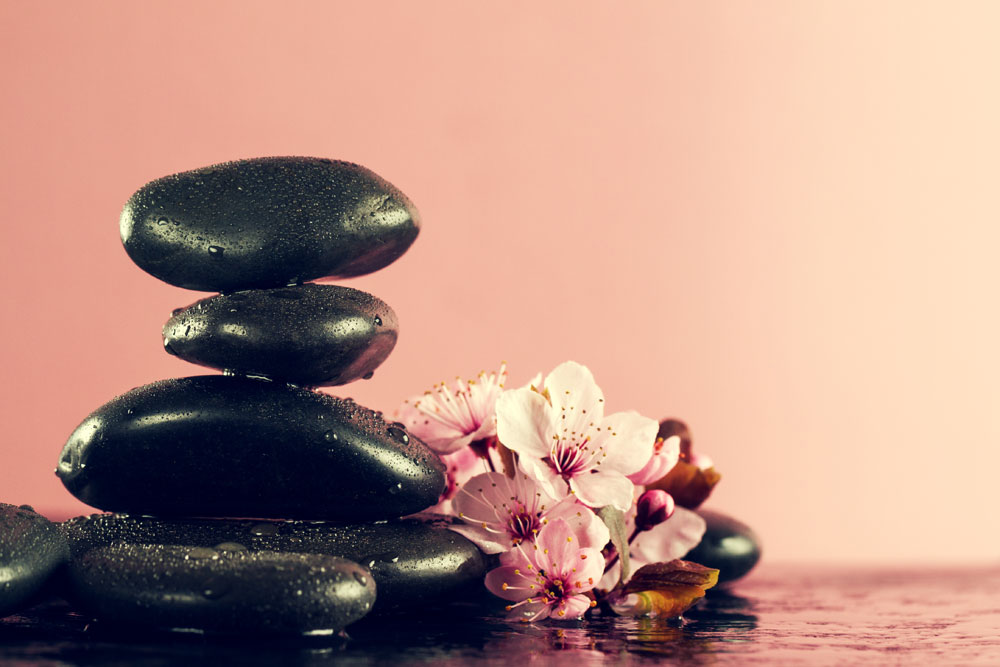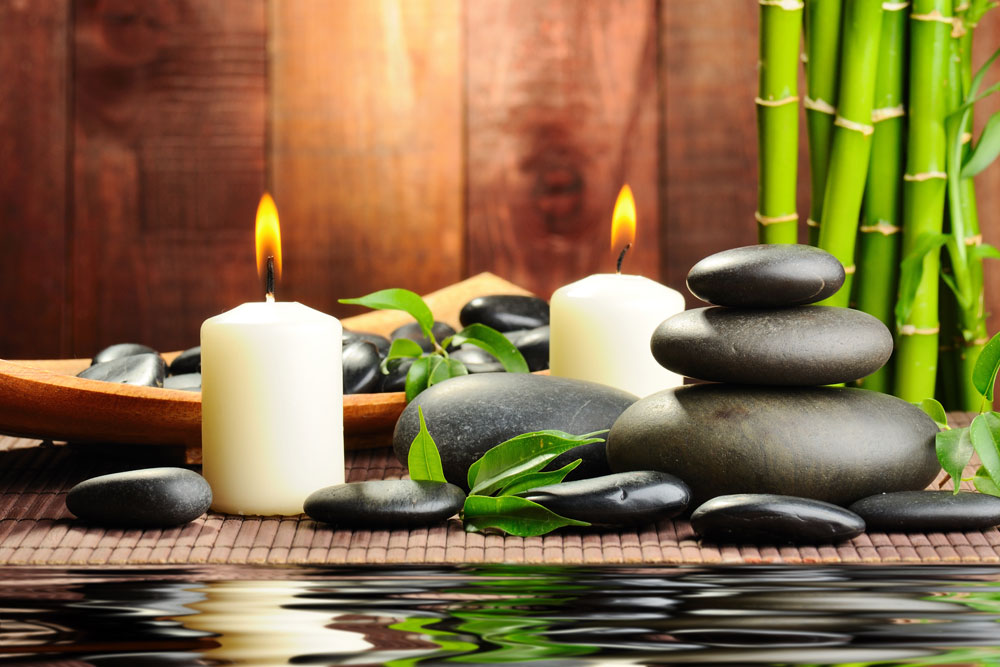Given what is going on in the world right now, there is so much anxiety and stress surrounding our everyday lives. This negative energy can have a negative impact on your day-to-day life and could actually cause long-term side effects. How do you cope? Did you know that there are six proven relaxation techniques that you can do in the comfort of your home? These steps will help you restore your inner calm. In turn, you will notice an improvement in areas like your heart rate, blood pressure, digestion, blood sugar levels, muscle tension, and chronic pain. The routines are easy to use, need no prior experience, and are suitable for the entire family. Are you ready to start using these techniques? Let’s get to it!
Remove Negative Energy
It is a fact. Our moods and feelings can change according to the kind of energy surrounding us. That is, if you are in an environment full of negativity, you can feel depressed, tired, and often in a bad mood. On the contrary, quite the opposite can happen when in a positive environment.
Start by surrounding yourself with positivity. When it becomes too much, shut out any negative news from the media and replace it with your favorite self-care routine – whether that is a face mask, a warm bath, meditation, or participating in your favorite hobbies. Even if you aren’t able to participate in your usual self-care routines, just taking a break from your device or the news can have a positive effect on your well-being.
Deep Breathing
Do you often find yourself with no energy at the end of the day, even when the day wasn’t that busy? It could be because of your continuous shallow breathes. Most of us are too busy and never spare some time to take deep breaths. Because of this tense habit, there is not enough oxygen circulating in our bodies. When this shortage persists, you’ll notice a spike in blood pressure.
If you don’t have much experience with deep breathing, here is a technique you can use. Touch the upper jaw on the ridge area. Next, exhale hard until you make a whoosh sound. Next, it is time to inhale via the nose. To do so, count up to four as you inhale. Then, hold your breath as you extend the count to eight. Now exhale hard one last time.
Plan to take deep breathes at least twice a day. Further, make it a habit of restoring your calm by taking deep breathes whenever you feel anxious.
Guided Sleep Meditation
Are worrying and anxiety interfering with your sleep pattern? Have you tried creating a relaxed bedroom environment, but nothing seems to work? Why not give guided sleep meditation a try? A typical guided sleep meditation involves listening to relaxing audio or watching videos with positive affirmations while in bed.
Unlike the usual sounds, these recordings make use of binaural beats and other frequencies that are known to relax the mind and achieve calmness. By watching or listening to the recordings, you tend to forget, even for a moment, your worries. That way, you can concentrate on the positive energy that induces deep sleep.
Spend Time in Nature
Did you know that plants emit phytoncides to shield themselves from harm? Plus, did you know that these chemicals can relieve stress in the human body? Then, why not develop a habit of taking leisure walks in the outdoors?
For example, if you live in a gated community with lots of tall trees in the surrounding, now is the time to get in touch with nature. Go out and read a book while seated under a big tree. Set up a hammock and enjoy the afternoon cool breeze. Or, set up a bonfire and spend some quality time with your household in the outdoors.
Foster or Adopt a Pet
When you have to stay indoors, a pet can provide comfort and companionship. Did you know that when you play with your favorite pet, you experience a sense of calmness? Sometimes snuggling a furry friend is all you need to relax.
Adopting a pet is not a decision to be taken lightly, and research should be conducted to learn about the best type or breed of pet that may be best for your family and lifestyle. For example, if you have little ones running around and are looking for a dog, make sure you pick one that is family and kids-friendly. If you are single and without children, you may be looking more for a security dog to feel safe and provide the protection you need to sleep soundly at night. If you travel a lot or your job requires long hours at work, you need to think about who will care for your pet while you are away. There are also many financial decisions that come into play when having a pet – food, treats, toys, bedding, veterinary care, and grooming are just a few. You should also have money set aside in case of a medical emergency.
A great first step during this time is to consider fostering an animal. Many animal shelters are nearing or beyond max capacity due to people not adopting animals. If you are financially secure, you could form a mutually beneficial relationship with an animal by fostering them. This will allow you to test the waters with a pet before committing, give a cat or dog a loving home and a chance to build their sociability, and also take stress off the shelter temporarily. Who knows? You may even find your furever friend in the process.
Perform Memory Exercises
Focusing on one thing instead of many will help stabilize your mood and improves your memory because you pay more attention to that singular activity. Research has shown that there are many ways you can hone your mental sharpness and help your brain stay healthy, no matter what age you are. Doing certain brain exercises to help boost your memory, concentration, and focus can make daily tasks quicker and easier to do, and keep your brain sharp as you get older.
Wrapping Up
Which of the above techniques resonates with you? Remember, we are in control of how we feel and perceive our surroundings. Therefore, pick and practice these techniques with your family. Opt for a time that is suitable for all. Use your creativity to make the sessions fun—also, practice self-care. By loving and accepting ourselves, we attract other positive people.



















